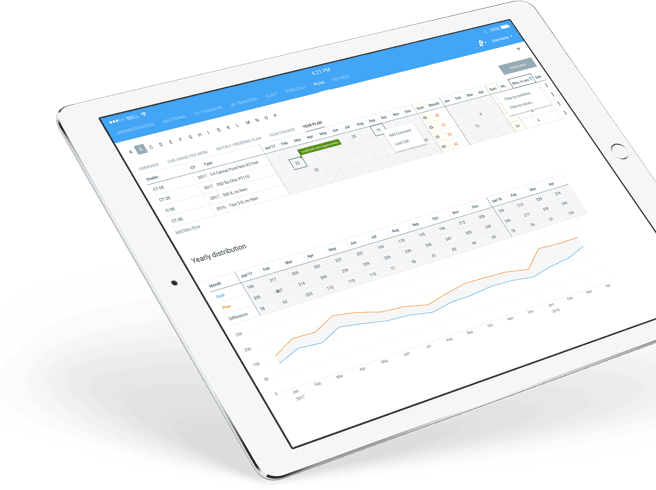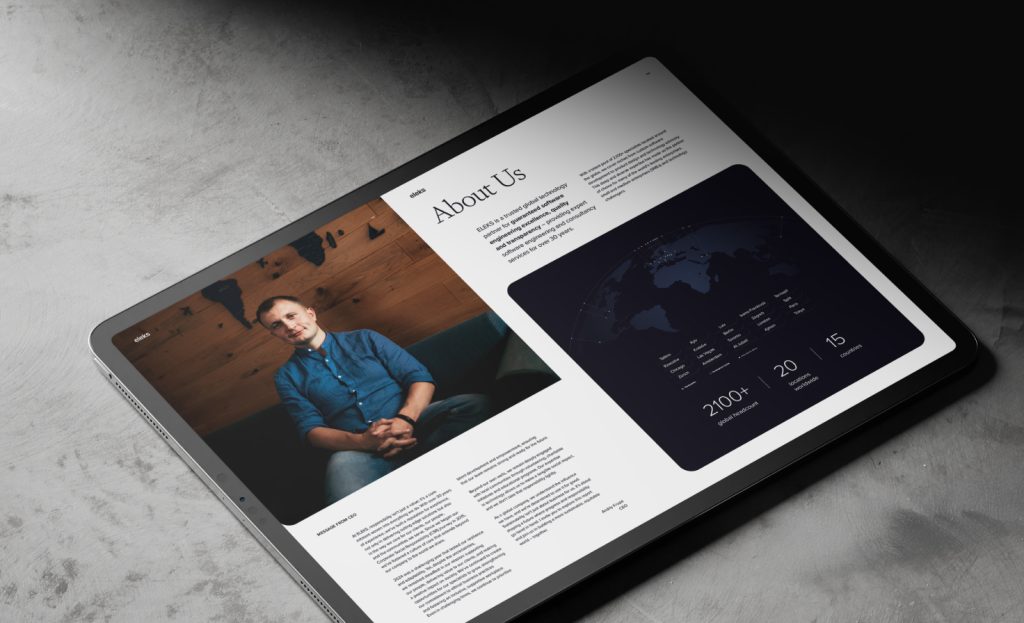
Sharing economy is largely built on crowdsourcing — leveraging additional, outside resources to meet growing demand — which helps drive down prices. Big businesses are also beginning to take part in the sharing economy making a balanced move toward hybrid business models.
What’s in it for big business?
By crowdsourcing, companies expand the availability and geography of their services. They invite people to market their resources within their established digital business ecosystem, thus being able to generate indirect revenues from crowdsourcing apps and subscriptions. Instead of thinning their resources in pursuit of additional market share, organisations can train temporary contractors, provide them with service policies and branding, and have the customer needs covered.
Also, as more big businesses begin to adopt the agile methodology of project (and product) management, processes are becoming far more segmented, requiring different employees with various skill sets to fill needs. Take, for example, the testing phase of a new product. While in the past this was done entirely in-house, large-scale beta testing is now taking place wherein interested consumers can take a sneak peek at an organisation's latest offering.
By crowdsourcing the user testing process, organisations are able to see how their product performs in the real world with unbiased testers. Additionally, many of these testers are willing to try new products or software without significant compensation. This results in a larger pool of testers providing vast amounts of raw data at a lower cost than ever before.
A сentral system for crowdsourcing
The only downside of using crowdsourced employees is managing them. From one group to another, each wave of hiring will have different needs, regulations and compensation amounts.
Within a single system, the crowdsourced resources can be managed, reports can be run and analytics provided to decision makers on what is essential to an organisation's success. It will also ensure that services provided by crowdsourced employees are not redundant, while also helping managers to identify and bring back participants that did an exceptional job.
The sharing economy has revolutionised the way consumers and corporations alike look at the resources they use, whether or not businesses are doing so through sharing economy apps.
Even if your organisation is “in” on the sharing economy, it must be done correctly on a technological platform that fits the corporate environment. If you want to learn more about how ELEKS can help your business increase efficiency with shared economy solutions, contact us now.

Related Insights








The breadth of knowledge and understanding that ELEKS has within its walls allows us to leverage that expertise to make superior deliverables for our customers. When you work with ELEKS, you are working with the top 1% of the aptitude and engineering excellence of the whole country.

Right from the start, we really liked ELEKS’ commitment and engagement. They came to us with their best people to try to understand our context, our business idea, and developed the first prototype with us. They were very professional and very customer oriented. I think, without ELEKS it probably would not have been possible to have such a successful product in such a short period of time.

ELEKS has been involved in the development of a number of our consumer-facing websites and mobile applications that allow our customers to easily track their shipments, get the information they need as well as stay in touch with us. We’ve appreciated the level of ELEKS’ expertise, responsiveness and attention to details.

